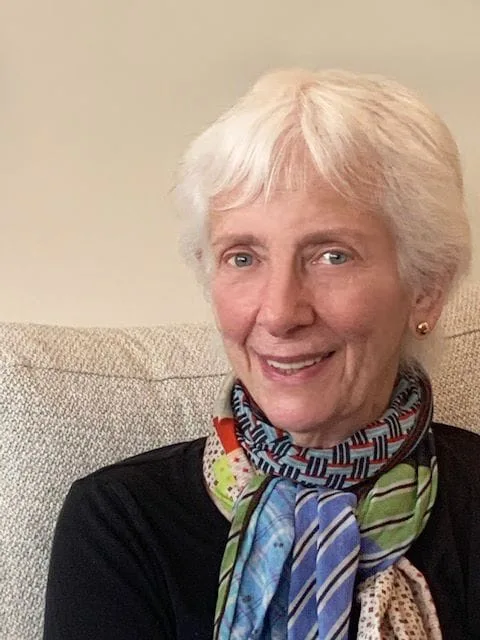5-4-22
Elena Lesser Bruun
ABORTION
So, the supreme court of the land has made its first stab at delegalizing abortion. A bad day for women, children and the men who care about them. The May 3rd Michele L. Norris Washington Post Opinion headline says it all: “The GOP roars about abortion. Then they abandon the children.” We’ve all heard stories about Republican politician uninterest in providing services for families and children in need once they are born.
In these past few months, a young client of mine went through the difficult process of accepting that she does not love the man she was with “enough” to marry him. “He’s a great guy too, and we’ve been dating for six years. I’ve tried to picture a life with him, but I just can’t do it”. She believes it would not be fair to either of them; I believe she is right. She also comes to accept that she is not ready to marry anyone - yet. Not even sure she wants to marry at all or have children. She is afraid to tell him knowing it will break his heart, but that it is best for both of them to endure the breakup and move on.
She plans to tell him on Thursday. But her period is late. Turns out she is pregnant. Frantic late-night texting to me. Three appointments that week. What should she do? Marry him though she doesn’t want to? No. Should she tell him, not tell him? Neither would be fair. He’s always wanted children and will pressure her to keep the baby. He’ll offer to keep the baby even if they break up, but his mother would be the primary caregiver, and she is “unreliable.” I couldn’t give my baby over to her…Should I have the baby as a single mother? I have a career and I could afford it.” But her painstakingly thought-out plan before she knew she was pregnant was to break up, be independent, travel on her own, see the world, maybe move West to a warmer climate and be free to explore new possibilities for a few years before settling down.
She’d have to scrap that and join the ranks of unhappy single mothers. “I’d probably resent my situation and sadly, the baby.” Should she carry the fetus to term and give it up for adoption? “I can’t even tell my parents I’m pregnant, especially my father who is extremely religious and would promptly eject me from the family.” How could I hold up my head at home or work through the pregnancy and with my friends who would probably not understand? All of this swirls around in her head and she has to decide quickly.
This client is “lucky.” She has access to abortion. She is first generation from Spanish immigrant parents. A dreamer. Advantaged by being white, because she has the means to handle the situation if she decides to go ahead, or not, have a baby or not, and because she is emotionally strong enough to manage whatever comes her way. But even then, she is thrown into a panic.
This is simply one story of what a many middle-class young women go through in deciding whether to have an abortion. Oh, but there’s more. There’s the guilt. “If I have an abortion, am I a murderer like the right to life people insist? Even though I believe it’s my body and my decision, can I live with myself if I do have an abortion. The ambivalence, frustration and guilt mount the more I contemplate it.”
Thursday comes, and she tells him everything at once, about breaking up, the pregnancy, her decision to have an abortion. And as she predicted, he begs her to marry him and have the baby. “You could learn to love me more in time,” he tells her.
He pleads with her to let him drive her to the clinic and “say goodbye” to the baby and her there, amplifying her own self-recrimination by 1000 decibels.
She holds to her plan to drive herself to a friend’s house near the clinic for a “procedure”, stay overnight with the friend afterwards, and go home the next day. Unlike so many other women in this situation, she has a car and a driver’s license. She can take herself to a clinic that is only an hour away. They have a cancellation day after tomorrow. She’ll call in sick then. She has sick days accumulated. The next opening is week from Friday; it’s only Monday. “I can’t wait that long,” she tells me.
No one will know the truth; but no one can attack her for her decision either. No one will be there to comfort her, but better for it to be a lonely experience, she reasons, than to suffer too much rejection.
My job as her therapist is to help her reach a decision and support her through it. In recent years I have become a big believer in the positive power, in the therapeutic value of professional self-disclosure. So, in one particularly poignant conversation with my client about her dilemma, I ask if she wants to hear my story. “Yes, please,” she says. So, I tell her about my own abortion dilemma 40 years ago.




